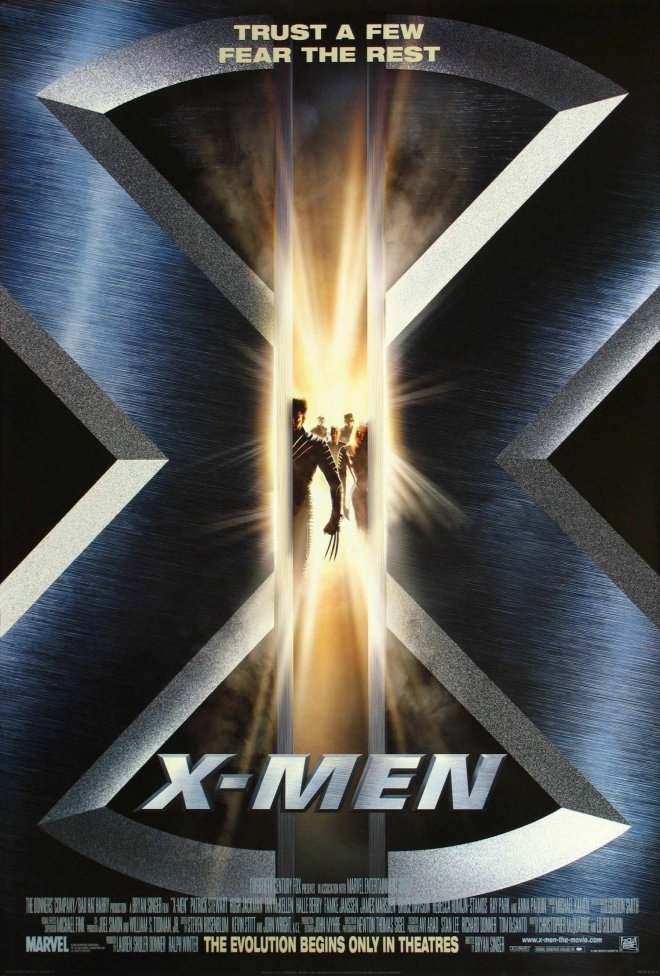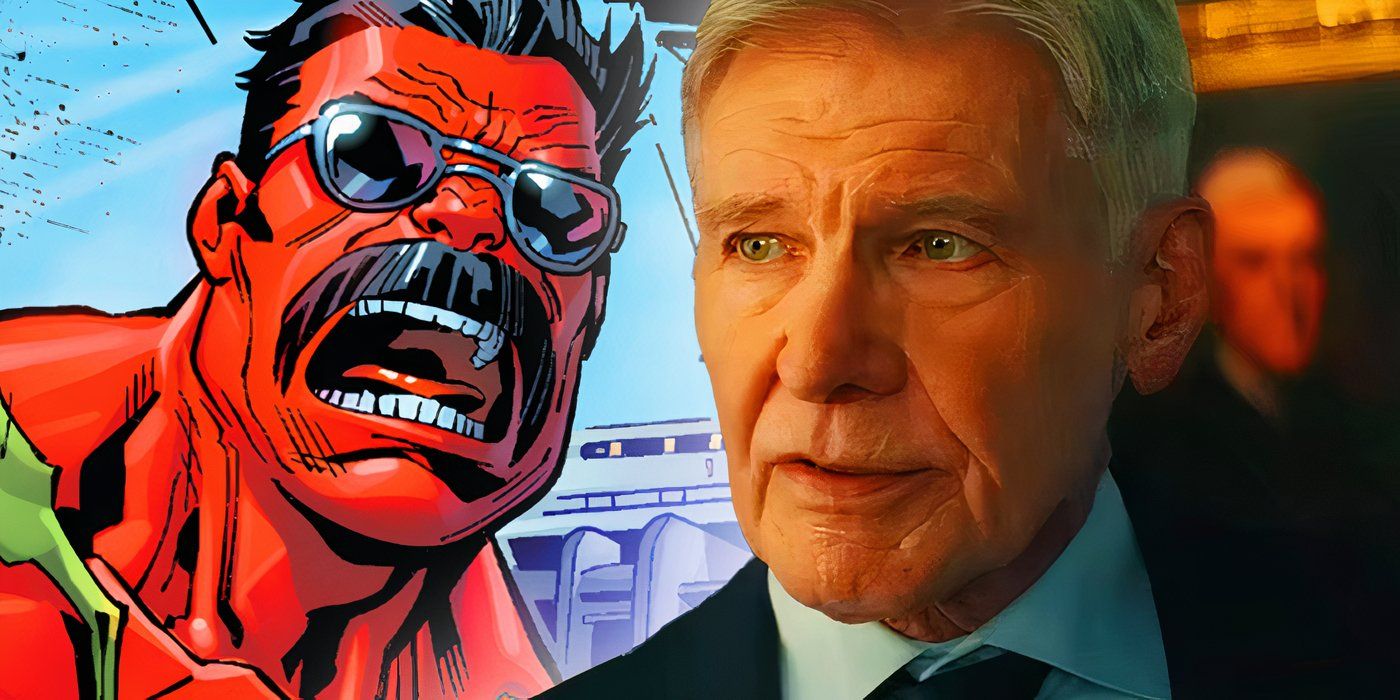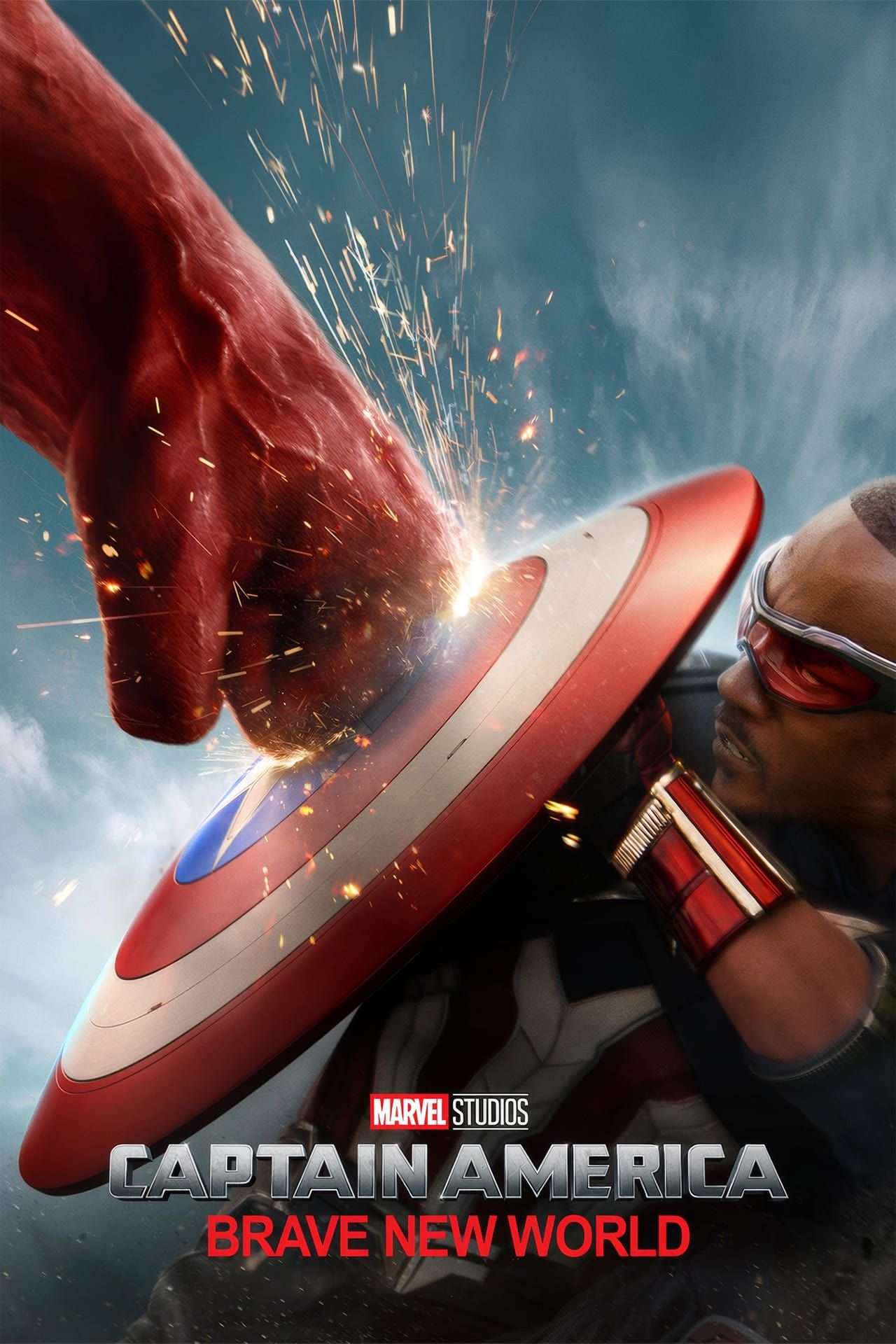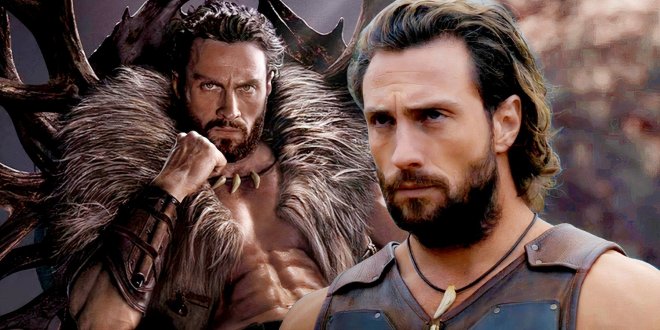10 X-Men Movie Decisions That Aged Poorly
The X-Men have a long and turbulent movie history, and many decisions made in the films starring the characters have aged poorly. First adapted into live-action in Fox’s X-Men movie franchise, Marvel’s eponymous mutants have proven to be some of its most prolific protagonists. Appearing first in 2000’s X-Men, they have remained a staple of the superhero genre ever since, making regular appearances in Marvel movies spanning three separate decades.Considering the length of the X-Men"s movie timeline on the big screen, it only follows that some decisions might not have aged all that well. Some of these are behind-the-scenes decisions relating to how the films themselves were made, while others pertain more to specific character choices that later backfired. Regardless of the specifics of each example, they each came to be considered poor in hindsight, aging badly as a result. With that in mind, here are 10 X-Men movie decisions that aged poorly.
10 Manipulating Logan Into Giving Up His Healing Factor Yashida, The Wolverine (2013) Close Released in 2013, The Wolverine follows the titular mutant as he travels to Japan to confront a figure from his past. Having saved the life of a Japanese officer named Yashida in World War II, Logan responds to his summons under the pretext that Yashida wishes to repay his life debt. Yashida asks Logan to transfer his healing factor, saving his own life and relieving Logan of his curse. When Logan refuses, Yashida infects him with a parasite that suppresses his ability.
The decision ultimately proved to be an incredibly poor one. Attempting to manipulate Logan into complying backfired spectacularly, turning him against Yashida in a way that he might not have done otherwise. It eventually ended in Yashida’s death anyway, but risking the life of the man whose abilities he was trying to harvest wasn’t the best idea in the first place.
9 Lying To Sabretooth William Stryker, X-Men Origins: Wolverine (2009) Of all the X-Men movie villains, X-Men Origins: Wolverine features by far the worst. The movie’s iteration of Deadpool might remain one of the most infamous in comic book movie history, but he’s not the only aspect of the movie to age badly. The movie’s plot revolves around Sabretooth murdering the other members of Team X, with it revealed that William Stryker tasked him with doing so.
Late in the movie, Stryker reneges on his deal with Sabretooth to put him through the same procedure as Wolverine. The decision to turn on Victor Creed aged poorly for Stryker, as it turned his former lackey against him, with Sabretooth and Wolverine joining forces to destroy Deadpool, defeating Stryker in the process. Had Stryker not alienated Sabretooth by going back on his word, he likely would have won, meaning the decision did not age well at all for the character.
8 “Do You Know What Happens To A Toad When It’s Struck By Lightning?” Storm, X-Men (2000) The cast of 2000’s X-Men deliver many lines over the course of the movie, but only one stands out far above the rest as the movie’s most memorable, albeit for all the wrong reasons. In the film’s final act, the X-Men fight the Brotherhood of Mutants on Liberty Island, and the action sees Storm face off with Toad. This sees her utter the immortal line: “Do you know what happens to a toad when it’s struck by lightning?”
The decision to include this line in the film aged more poorly than any other element of the movie. Decades later, the dialogue is still being mocked, having become infamous for its clunkiness. Considering the superhero genre was still relatively young at the time, it’s somewhat understandable that such a line might have seemed appropriate, but the choice to put it in the script certainly didn’t age well.
7 Telling Magneto That The Nazis Were “Just Following Orders” Charles Xavier, X-Men: First Class (2011) Across his history in live-action, Magneto has had many incredible moments in his many appearances. X-Men: First Class introduced a new, young Magneto to the franchise, establishing his friendship with Charles Xavier and the formation of the rift between them that would eventually make them enemies. Late in the movie, the Navy have all their weapons trained on the mutants, and Magneto expresses his dislike for humanity’s threats against mutantkind, likening it to his experience as a Jewish boy during the Holocaust.
Xavier responds by telling Magneto that those men were “just following orders”, which naturally does nothing to calm his friend. In fact, Xavier’s choice of words aged poorly, as it only pushed Magneto further away, confirming to him that Charles would never understand his attitude toward prejudice and persecution. It saw the pair drift further apart, later causing large-scale conflict between them and their respective followers.
6 Killing Off Major X-Men Heroes X-Men: The Last Stand (2006) Close Of the cast of X-Men: The Last Stand, not that many of them actually survived the events of the movie, particularly in a way that would allow for their story to continue. The movie adapted multiple storylines from the comics, and saw the death of Cyclops, Professor X, and Jean Grey, and also the likes of Mystique, Rogue, and Magneto losing their mutant abilities. The decision to include so many apparent endings in the movie ultimately proved not to have been a good idea.
It effectively forced the franchise into a soft reboot, with prequel movies picking up the characters’ stories from a much younger age. This resulted in a confusing and often inconsistent timeline, which in the long run only served to hurt the reputation of the franchise. As well as being a generally unpopular choice upon release, the decision to kill and render so many X-Men characters powerless also aged poorly.
5 Publicly Demonizing Mutants Senator Robert Kelly, X-Men (2000) The opening scene of 2000’s X-Men introduced Marvel’s mutants to the big screen by immediately establishing the prejudice they face from humanity. The film’s most vocal opponent to mutants is Senator Robert Kelly, a politician who voices concerns about their abilities and suggests they be forced to register their powers. The decision to take such a firm and public stance against the powerful mutants aged rather poorly for Senator Kelly within the film’s narrative.
By publicly establishing his opposition to mutants and directly promoting fear of them, Senator Kelly effectively made himself a target. The decision to brand all mutants as dangerous only radicalized them against him, with Magneto choosing to test his machine on Kelly, ultimately causing his painful and horrific death. As such, Kelly’s decision didn’t age well at all, particularly as it led to him being turned into a mutant himself.
4 Not Questioning Bobby’s Sudden Personality Shift Rogue, X-Men (2000) Though it’s a relatively minor moment in the wider story of the movie, there is one particular scene in X-Men featuring Rogue that sees her make a decision that ages badly. After establishing a relationship with Bobby Drake, she meets up with him following her accidentally using her powers on Logan. Bobby, acting out of character, convinces her to run away from the Xavier Institute, and Rogue accepts his manipulations at face value. It’s then revealed to have been Mystique, acting on Magneto’s behalf.
Rogue’s decision not to question Bobby’s sudden radical shift in personality ages poorly, as it sees her leave the safety of the Institute and play right into the hands of Magneto. It allows Magneto to use her in his machine, and forces the X-Men to take action against him, with several heroes being injured in the process. Had Rogue simply voiced her confusion about Bobby’s sudden change, none of that might ever have come to pass.
3 Turning On Mystique Magneto, X-Men: The Last Stand (2006) Though Magneto’s moral compass is often slightly askew, X-Men: The Last Stand sees him make a decision that ends incredibly poorly for the leader of the Brotherhood of Mutants. During their attack on a mobile prison while investigating reports of a mutant cure, Mystique sees a soldier attempting to shoot Magneto. She saves him by taking the dart herself, which strips her of her abilities. Instead of showing gratitude, Magneto brushes her aside, dismissing her as a mere human.
Turning so quickly on one of his most loyal followers is a decision that does not age well for Magneto. Spurned by her former master, Mystique then freely offers intel about him, resulting in his camp being raided. This pushes Magneto into battle sooner than expected, and unsettles his plans for attacking Alcatraz. Ultimately, had he not turned so swiftly on Mystique, he wouldn’t have made such a formidable enemy of a former friend.
2 Introducing Gambit X-Men Origins: Wolverine (2009) Of the many missteps made by X-Men Origins: Wolverine, perhaps the one which aged the worst was the decision to include Taylor Kitsch’s Gambit. The movie saw the live-action debut of the fan-favorite character, though it actually left much to be desired. Gambit’s inclusion was not at all necessary to the film’s plot, and Kitsch’s take on the character was given frustratingly little screen time.
Not only did this do Gambit no justice at all, but it put the character back in a way that couldn’t have been foreseen. After the disastrous reactions to his appearance in X-Men Origins: Wolverine, Gambit was then absent from live-action X-Men movies for 15 years, with much of that time seeing his solo movie languishing in development hell. As Gambit didn’t really need to be in the movie at all, the decision to shoehorn him in aged incredibly poorly.
1 Enslaving And Torturing A Fellow Mutant Sebastian Shaw, X-Men: First Class (2011) X-Men: First Class explores Magneto’s origins, depicting the childhood trauma that turned him into one of the most complex X-Men characters. The film’s opening sees a young Erik Lehnsherr entering Auschwitz concentration camp and demonstrating his powers when being separated from his family, then being taken aside by Klaus Schmidt, a Nazi later revealed to be Sebastian Shaw. Shaw insists Magneto move a coin using his abilities, killing his mother in front of him in order to force him into action.
Shaw’s decision to treat a powerful mutant in such a way was one that aged singularly poorly. It not only served as a formative moment for young Magneto, but it also sealed Shaw’s own death, delivered in delightfully ironic fashion. The decision to treat others with such intense contempt eventually backfired spectacularly on Shaw, making it perhaps the worst-aged choice in the history of X-Men movies.
Your changes have been saved
Email is sent
Email has already been sent
 X-Men The X-Men franchise, created by Stan Lee and Jack Kirby, centers on mutants with extraordinary abilities. Led by the powerful telepath Professor Charles Xavier, they battle discrimination and villainous mutants threatening humanity. The series explores themes of diversity and acceptance through a blend of action, drama, and complex characters, spanning comics, animated series, and blockbuster films.
X-Men The X-Men franchise, created by Stan Lee and Jack Kirby, centers on mutants with extraordinary abilities. Led by the powerful telepath Professor Charles Xavier, they battle discrimination and villainous mutants threatening humanity. The series explores themes of diversity and acceptance through a blend of action, drama, and complex characters, spanning comics, animated series, and blockbuster films.[圖擷取自網路,如有疑問請私訊]
|
本篇 |
不想錯過? 請追蹤FB專頁! |
| 喜歡這篇嗎?快分享吧! |
相關文章
tag_marvel





















